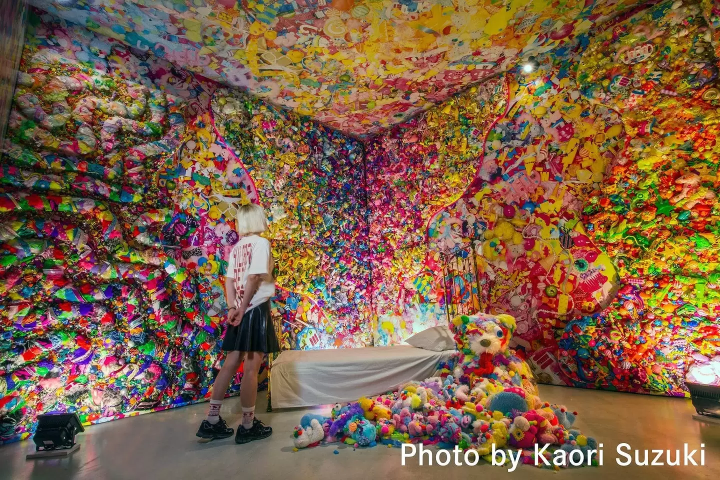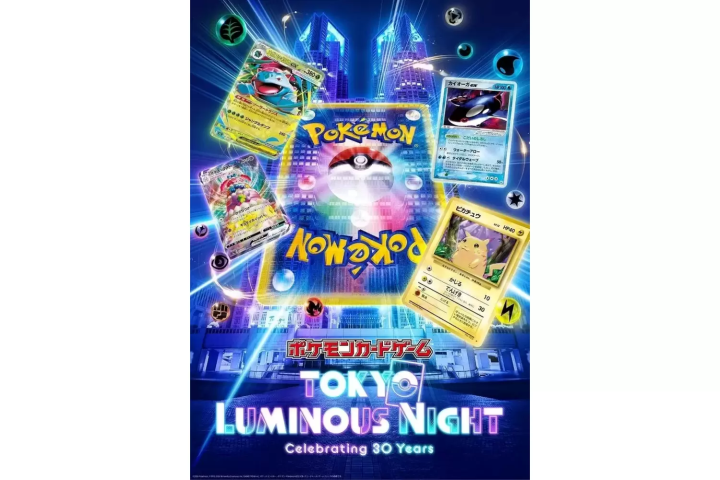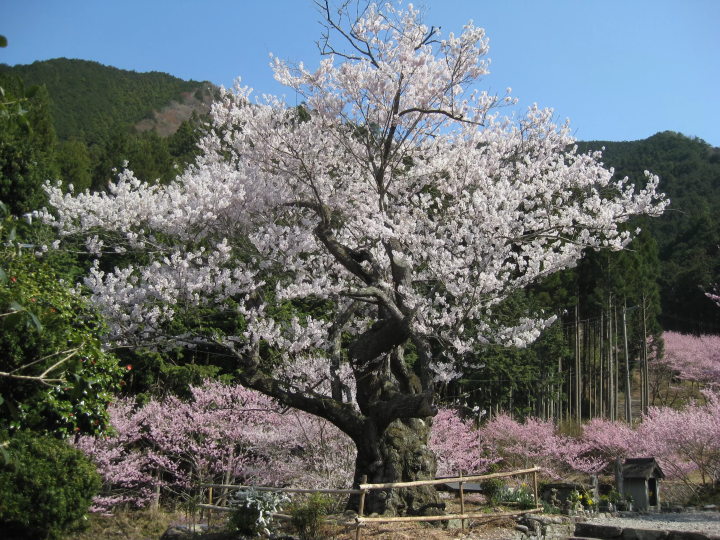Omamori: Temple vs Shrine Charms at Sensoji Temple

Omamori (good luck charms) are sold at temples and shrines. Learn about their features and purpose with examples from Tokyo's Sensoji Temple and Asakusa Shrine.
Omamori: Good Luck Charms to Pick up at Temples and Shrines
It's common for visitors to temples to purchase omamori charms. These charms are believed to be infused with the power of the gods to bring good luck.
There are various types of amulets, including those for prosperity and protection against misfortune. The specific divine favor each charm offers depends on the deity it is associated with.
Did you know that there is a difference between charms obtained from Buddhist temples and those from Shinto shrines? Let’s explore Asakusa Shrine and Sensoji Temple to uncover the secrets behind this distinction.
Temple Charms at Sensoji Temple

Photo by Pixta
Boasting a 1,400-year history, Tokyo's Sensoji Temple is renowned for its statue of Kannon Bodhisattva, the Goddess of Mercy.
At the main hall, you'll find a booth selling omamori charms: for traffic safety, academic success, good health, safe childbirth, and other purposes.
While amulets are typically sold in small bags, Sensoji Temple also offers unique charms, such as the Silver Charm. Another notable talisman is the lotus-shaped omamori featuring an image of Kannon Bodhisattva, called the Lotus Charm.
These charms are directly blessed at the temple through a ceremony known as “the gift of prayer,” during which sutras are chanted and incense is burned over them.
In addition to charms, the temple also sells hand-copied sutras and images of Kannon. Since temples are places where monks live and study Buddhist teachings, these hand-copied sutras are regarded as part of their religious practice and scholarly work.
Shrine Charms at Asakusa Shrine

Photo by Pixta
Asakusa Shrine, located right near the main hall of Sensoji Temple, is dedicated to the three founders of the temple.
If you visit the shrine, you'll find a different line-up of omamori charms, mostly round-shaped. Just like the Buddhist ones, the most popular ones are the charms for longevity, good health, and luck.

The shrine provides English translations for all the charms displayed, allowing international visitors to confidently select good luck charms that suit their needs.
One charm that stands out is called "Don’t worry. Everything will be okay". This simple yet reassuring message has attracted attention both online and at the shrine. These amulets are created through specific rituals and are believed to be most effective when carried with you at all times.

Asakusa Shrine is also famous for a unique omamori charm that is available only once a month: the Kannagi Mizuhiki-mamori, made with mizuhiki (*1), traditional Japanese paper cords, which it is said to bless the holder with positive relationships.
Only one hundred talismans—one per person—are available from 9:00 on the first day of the month. The motifs change every month and include cherry blossoms (April), lotus (July), and maple leaves (November).
You can also acquire a paper charm known as Mishio ("salt for the gods"). In Shinto, salt is believed to have the power to cleanse the mind and body of negative thoughts and spirits. These envelopes contain purified salt that has been sprinkled at festivals and sumo tournaments since ancient times for purification purposes.
As a last tip, it's recommended to replace charms purchased at Shinto shrines once they become dirty or old to maintain their purity.
Read also
These are the main differences between charms from temples and shrines. While they may look similar at first glance, the underlying religious traditions they represent can differ. If you’re planning to visit a temple or shrine, be sure to check out the charm displays and pick up a good luck charm for yourself.
FAQ
What is inside omamori?
Omamori are Japanese amulets or talismans that are commonly sold at shrines and temples in Japan. These amulets are believed to provide various forms of protection or luck to the person who carries them. The contents inside an omamori can vary depending on the type and purpose of the amulet, but they typically contain a small piece of paper or cloth with a blessing or inscription written on it. This might include prayers, sacred symbols, or the name of a deity. The specific contents are often considered sacred and are not meant to be opened or tampered with, as doing so could potentially diminish the amulet's power or effectiveness.
What are the rules for omamori?
Omamori, Japanese amulets or talismans, come with a set of rules and traditions that underscore their spiritual significance. These amulets are traditionally purchased from temples or shrines, where they are consecrated to imbue them with spiritual power. It is customary not to open or unwrap omamori, as doing so is believed to diminish their effectiveness. Omamori are intended for personal use, not to be shared, and should be handled with respect, avoiding actions that could be deemed disrespectful. Renewal of omamori is usually done annually, with old ones returned to the shrine. Each amulet serves a specific purpose, be it for health, exams, safe travels, or other intentions, and selecting the right one is important. Some individuals also believe in cleansing rituals to maintain the amulet's spiritual potency, showcasing the intricate customs associated with these sacred objects in Japanese culture.
Where to hang Japanese good luck charms?
Japanese good luck charms, like omamori, are traditionally hung or placed in specific locations to attract positive energy and protection. These charms are commonly kept in bags or purses for continuous personal blessings, while others choose to display them prominently at home, near entrances or on family altars. Offices and workspaces may also house these charms to promote good fortune in professional endeavors. Some opt to hang them in cars for safety during travels, attach them to cell phones for constant presence, or include them on keychains for portable luck. Placing these charms in bedrooms can bring blessings and protection during rest. By strategically hanging or keeping Japanese good luck charms in these locations, individuals seek to invite positive influences and safeguarding energies into various aspects of their lives, blending tradition and belief in the pursuit of well-being.
What is the Japanese lucky charm?
In Japanese culture, a variety of traditional lucky charms and symbols are revered for their believed ability to attract good fortune and protection. Daruma dolls, with their weighted bases and wish-making rituals, represent perseverance and goal achievement. The Maneki-Neko, or beckoning cat, is a ubiquitous talisman thought to beckon prosperity and success when displayed in homes and businesses. Omamori, amulets sold at shrines and temples, offer protection and luck to those who carry them. Hamaya arrows and Koinobori carp streamers, acquired during New Year's celebrations and Children's Day respectively, are potent symbols of warding off evil and celebrating courage, strength, and triumph. These time-honored lucky charms are integral to Japanese customs, embodying the quest for positivity, achievement, and safeguarding across various facets of life.
Is it okay to gift omamori?
In Japanese culture, it is generally not common or appropriate to gift omamori to others. Omamori are considered personal amulets or talismans that are intended for individual use and protection. They are believed to be imbued with specific spiritual energy tailored to the needs of the person for whom they are purchased.
Given the personalized nature of omamori and their significance as items of protection and luck, it is usually best to respect their intended purpose and not give them as gifts to others. If you wish to share good wishes or blessings with someone in Japanese culture, there are other customary gifts or gestures that are more suitable and culturally appropriate.
Read also
94年生まれ。神戸出身、東京在住。アメリカからの帰国子女。旅、アート、食が大好きな大学生。















































![[Southern Oita Prefecture (Usuki and Saiki)] A journey through fermentation and tradition. Oita Sustainable Gastronomy](https://resources.matcha-jp.com/resize/720x2000/2026/02/27-259975.webp)

![[Hiroshima] ORIZURU Making at the Hotel / Sheraton Grand Hiroshima Hotel](https://resources.matcha-jp.com/resize/720x2000/2026/02/26-259811.webp)
![[Aichi] 30 minutes from Nagoya! 8 must-see tourist spots in Tokoname, the city of beckoning cats and pottery](https://resources.matcha-jp.com/resize/720x2000/2026/02/26-259808.webp)
